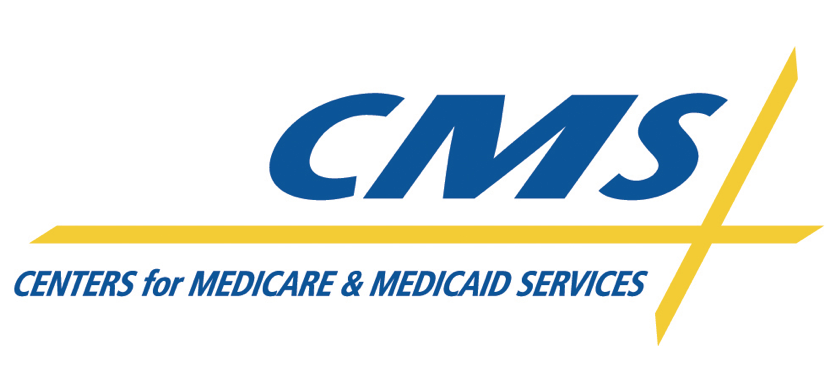WASHINGTON — The National Governors Association rolled out a “tool kit” Wednesday to help governors navigate the process of making dramatic changes in their Medicaid programs to achieve federal approval of the plans.
To accomplish broad changes, states must either modify their programs under existing Medicaid requirements, or file for waivers. As part of the waiver process, states can expand Medicaid under the Affordable Care Act and gain exemptions from certain federal regulations. Although the first path to federal approval is less painstaking, states often require the flexibility of a waiver to account for different conditions in their region.
As the cost of health care continues to increase, many states find themselves in growing need of a Medicaid transformation to improve care for the poor and elderly and reduce costs. But they are often faced with a complicated even confusing negotiation process with federal agencies, such as the Centers for Medicare & Medicaid Services.
“This is a very new area, it’s only the last few years that we’ve seen CMS approaching states to provide these new flexibilities and new funding streams … the negotiations have been very much state by state,” said Frederick Isasi, director of the governors association’s Center for Best Practices’ health division. “There isn’t a lot transparency … about what CMS is looking for, what kinds of questions they ask you, what you have to demonstrate…”
The toolkit’s aim is to offer a roadmap to help states understand different federal programs and identify the most effective way to approach each of them based on a state’s best interest. The goal is also to build better communications between the states and federal officials.
The 100-page guide is the result of an 18-month study that involved participation of Alabama, Nevada and Washington – three states that pursued transformation waivers. According to the toolkit, the entire process – from initial assessment and data analysis to receiving CMS approval – could take one to two years.
Currently, 31 states and the District of Columbia, have decided to adopt the Medicaid Expansion offered by Obamacare, while 19 opted out.

